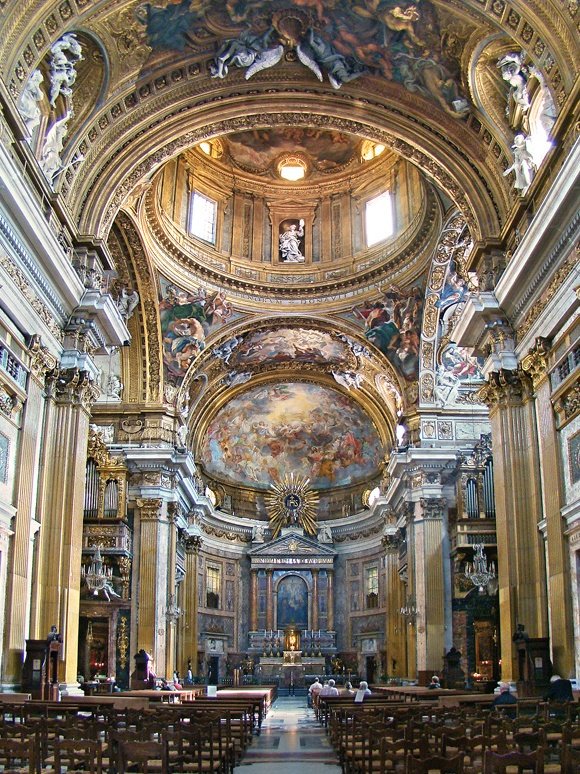An interesting one today from JS:
Yeah...I for one can't wait for that Faustian (W. European) pseudomorphosis to wash out back into the Atlantic from whence it came. Many of us have had quite enough of that whole righteousness = public declaration of the "right" dogma sort of deal.
90% of my friends and extended family are intelligent, educated left leaning, and its scary to me how little they are even willing to engage in respectful debate, and how blindly they believe everything left, without so much as minimal due diligence. And any disagreement is considered personal, so all options are allowed in response. It stems from not being able to tell the difference between disagreement on facts/reason and evil. Its like a religion or a cult.
---Reply: "Disagreement is personal because their politics are part of their identity, it would be like mocking a Christian's "invisible sky father. Although Christians would still probably act more civil to you even after that."---
Yes, really sad. How does one get along with those that believe their righteousness is derived from their political affiliation instead of values? I wish I had some solution. Maybe we just need to focus on not letting kids be brainwashed. Sadly, left has control of education.
Yeah...I for one can't wait for that Faustian (W. European) pseudomorphosis to wash out back into the Atlantic from whence it came. Many of us have had quite enough of that whole righteousness = public declaration of the "right" dogma sort of deal.
